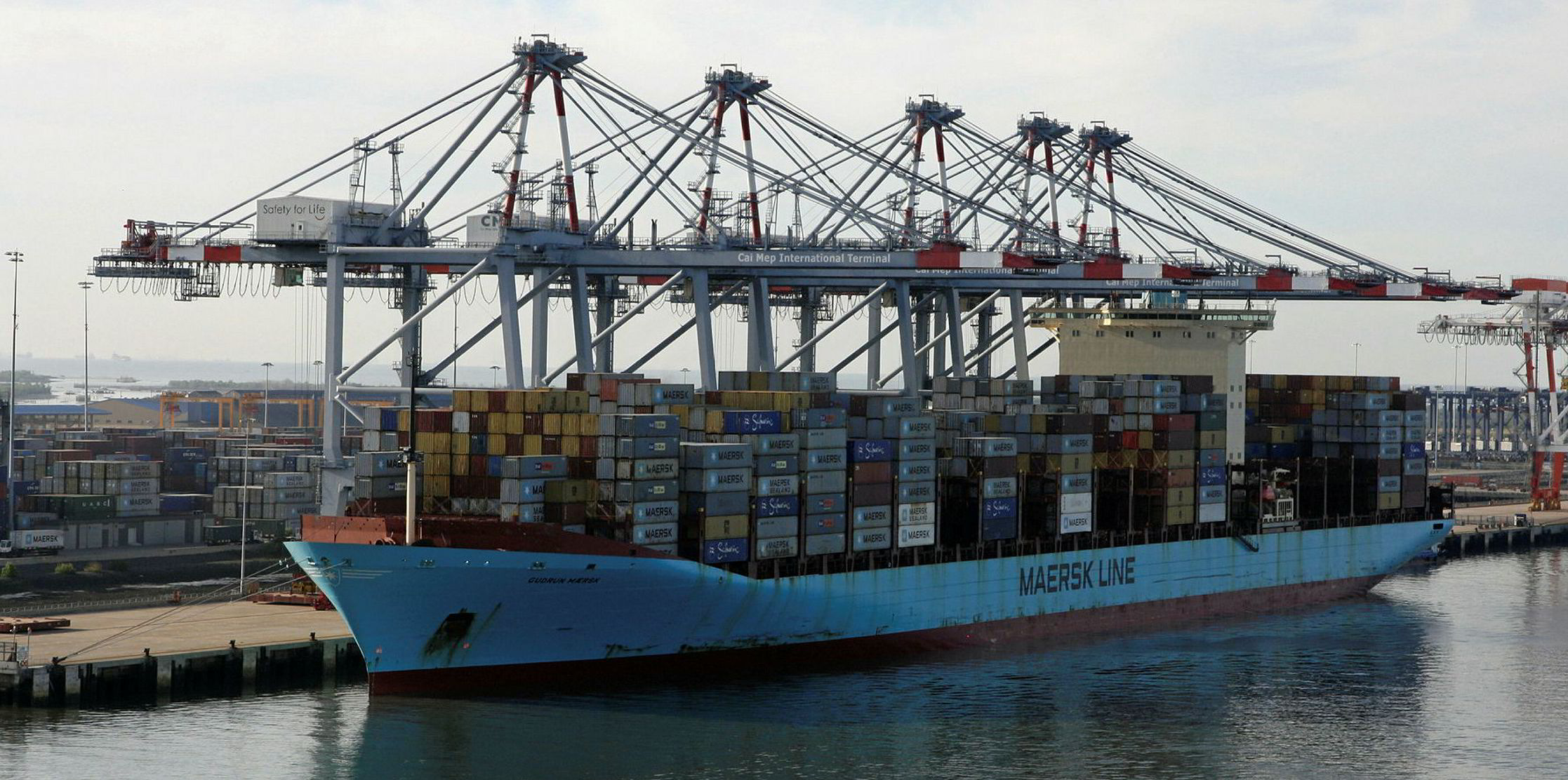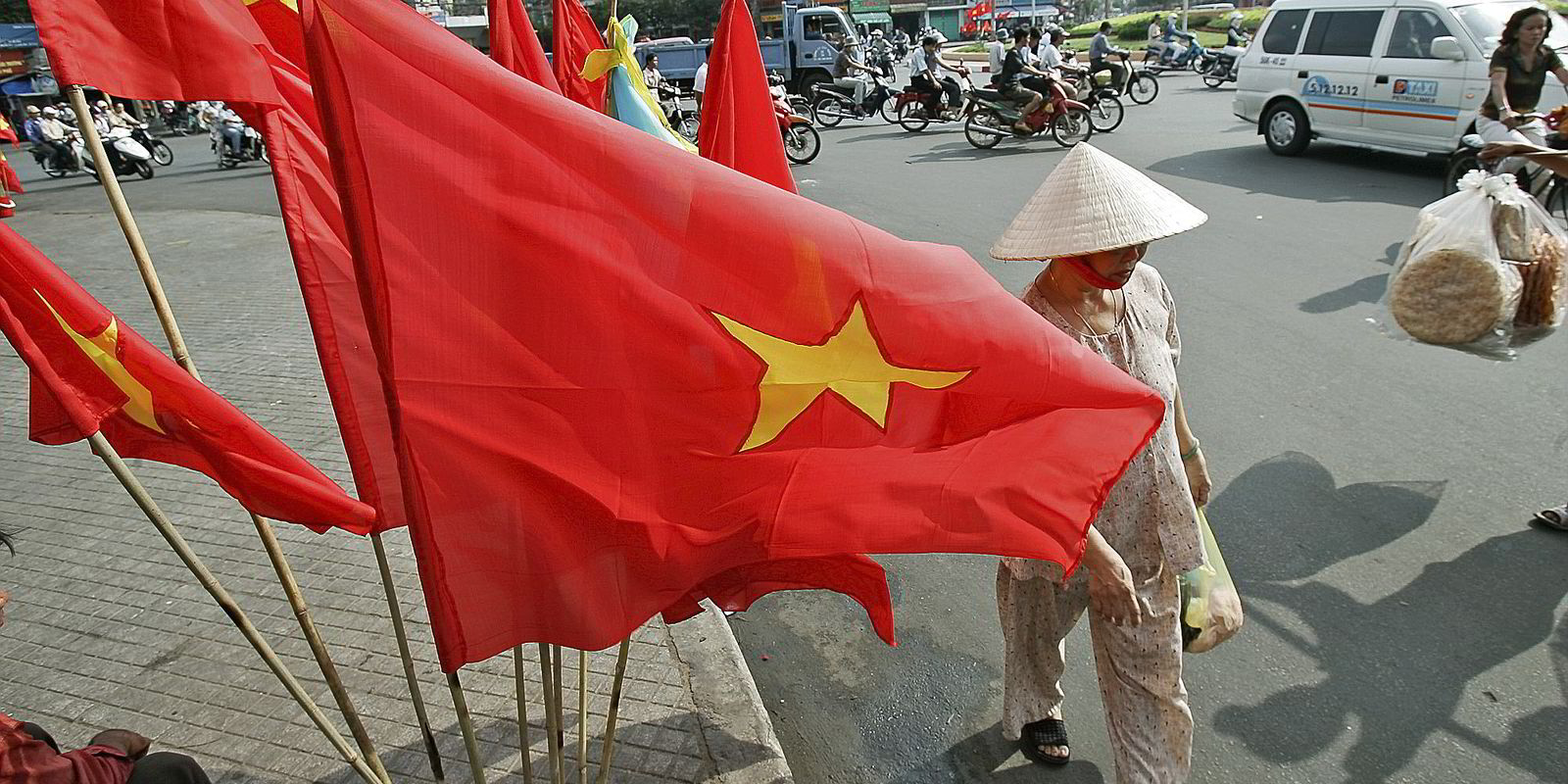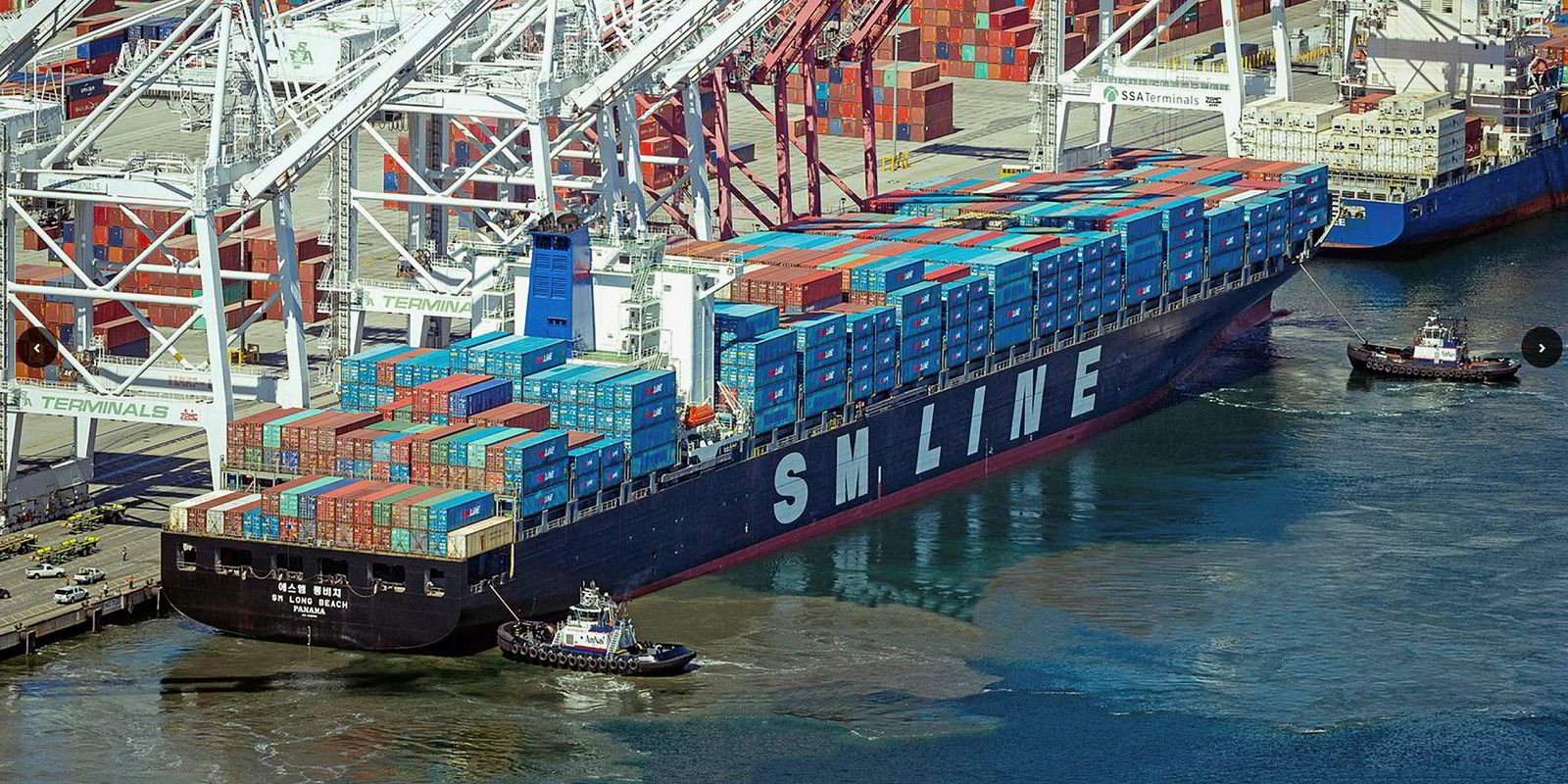President Trump's recent tweets about Vietnam as a candidate for a manufacturing shift from China have been played down by a leading industry observer.
Bloomberg senior transport industry analyst Rahul Kapoor said such a shift would “require a long, drawn-out process”.
“Vietnam lacks maritime infrastructure, large container ports and shipping network needed for rapid export-capacity growth. It’s unlikely to match China’s deeply entrenched trade apparatus for several years,” he said.
“Underdeveloped maritime infrastructure and port capacity is a key impediment to a mass-scale manufacturing and production line shifts to Vietnam from China.”
Kapoor said that while Vietnam will benefit from moves in manufacturing production and reorganization of Asian supply chains amid the China-US trade war, the pace is likely to be “very tepid”.
“We believe Vietnam needs its container capacity to grow at almost twice the 10-12% growth rate of the past decade and quicken the adoption of third party logistics and freight forwarding practices to remove infrastructure hurdles, or risk missing out on emerging opportunities amid shifting supply chains,” he said.
Despite manufacturing strengths such as lower costs and rising labour availability, Kapoor says container handling capacity in Vietnam “pales in comparison” to the well-established logistics infrastructure in China.

“Constrained Vietnam ports mean manufacturers have to incur additional costs for transshipment of their goods to major regional ports such as Hong Kong or Singapore to get to export markets,” he said.
“Delays and congestion at ports also builds up inventory costs, which helps explain why the recent shifts have been limited to the low-end and non time-sensitive production lines.”
Kapoor says Vietnam remains a “small cog” in Asia-US trade lanes, with most shipping services designed to serve Chinese ports and connect them to ports on the US west and east coasts.
“Small container exports and low productivity of ports dissuade global container carriers from starting direct routes such as Vietnam-US,” he said.
Kapoor said “massive investments” for warehouses, seaports, rail terminals, inland container depots are need to provide customers with required supply chain solutions for production shifts.
Vietnam is also said to suffer from not having a national container shipping company of a global scale.
“The absence of committed cargo-carrying capacity as enjoyed by other Asian export-driven economies undermines trade and exports,” he said.
While entirely dependent on foreign carriers for its exports, Kapoor believes there is an increasing need for Vietnam to have a national or quasi-national container shipping company in order to support large-scale cross border trade.
“Container shipping has long had a sovereign role and is widely regarded as a critical nation-building industry in Asia,” he said.
“It is vital to Asian countries such as China, japan, Korea and Taiwan, which remain global export powerhouses.”





